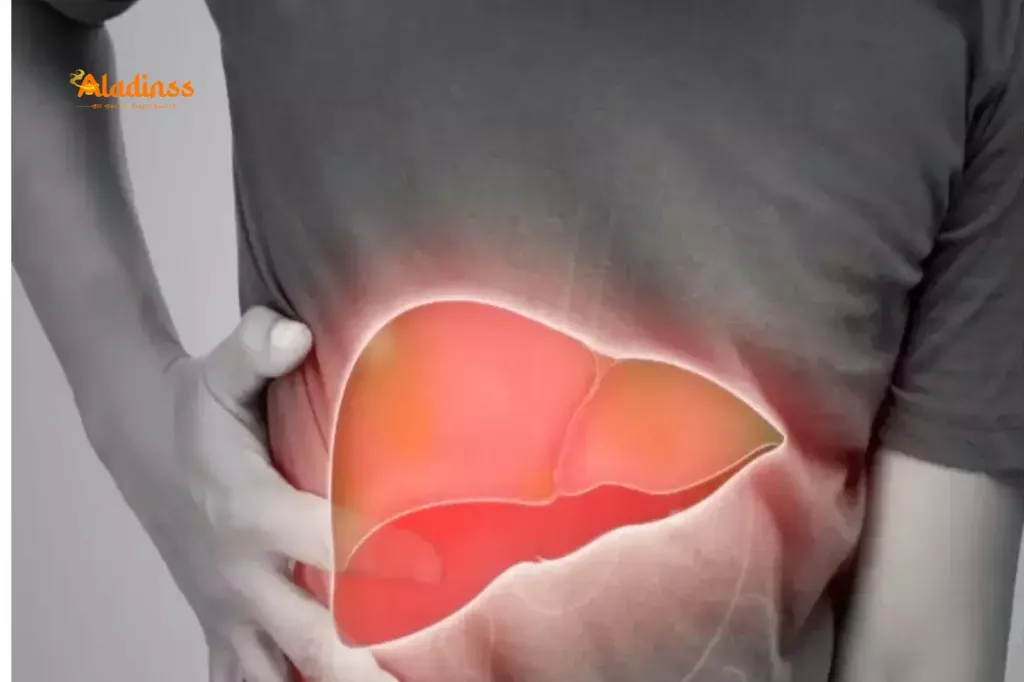
Fatty Liver Diet Tips to Reduce Severity
Fatty Liver Diet Tips to Reduce Severity
Fatty Liver Disease – How Diet Can Help Reduce Its Severity
Fatty liver disease, or hepatic steatosis, is a growing global health issue that affects millions. It happens when excess fat builds up in liver cells. Dr. Narendra Singh Choudhary, a Hepatology specialist in Gurugram, emphasizes that with early detection and the right diet, fatty liver disease can be reversed or managed effectively.

What Is Fatty Liver Disease?
Fatty liver disease is categorized into two main types: Alcoholic Fatty Liver Disease (AFLD) and Non-Alcoholic Fatty Liver Disease (NAFLD). NAFLD is more common and is closely linked to metabolic syndrome, obesity, type 2 diabetes, and high cholesterol. In its early stages, fatty liver disease is often asymptomatic and may remain undetected until liver damage becomes significant.
Why Early Detection Matters
Detecting fatty liver early is essential to preventing irreversible liver damage. Individuals with risk factors such as obesity or diabetes should undergo regular screening. Modern tools like liver enzyme blood tests, ultrasounds, and fibroscan imaging help in identifying liver fat content and fibrosis levels at early stages.
Role of Diet in Managing Fatty Liver
Diet is a cornerstone in managing fatty liver disease. Research shows that proper dietary choices can reduce liver fat, decrease inflammation, improve insulin response, and even support liver regeneration. Below are some doctor-recommended dietary strategies for liver health:
1. Cut Down on Sugar and Refined Carbs
Avoid sugary beverages, sweets, and processed grains. These contribute to fat buildup in the liver. Minimizing sugar and refined carbohydrates reduces liver fat and helps improve metabolic health.
2. Eat More Fiber-Rich Foods
A diet rich in vegetables, fruits, legumes, nuts, and whole grains provides essential fiber and antioxidants. These nutrients help cleanse the liver, reduce oxidative stress, and promote gut health.
3. Include Omega-3 Fatty Acids
Incorporating omega-3-rich foods such as salmon, mackerel, walnuts, and flaxseeds can reduce liver inflammation and fat accumulation. Omega-3s also improve heart and brain health.
4. Focus on Lean Protein
Choose lean sources of protein like chicken, fish, tofu, and legumes. These support muscle maintenance and aid liver cell regeneration, which is crucial in reversing fatty liver.
5. Avoid Saturated and Trans Fats
Processed foods high in trans fats and saturated fats increase liver fat and promote insulin resistance. Avoid fried foods, packaged snacks, and processed meats to reduce liver strain.
Combine Diet with Lifestyle Habits
While diet is fundamental, combining it with regular physical activity can enhance results. Daily exercise improves fat metabolism, supports weight loss, and increases insulin sensitivity. Also, managing stress and maintaining a regular sleep schedule are crucial for liver and overall health.
Doctor’s Conclusion
According to Dr. Choudhary, treating food as medicine gives individuals the power to heal their liver. Early detection and proper dietary intervention can prevent the progression of fatty liver to more severe conditions like NASH, cirrhosis, or liver cancer. When it comes to liver health, what we eat matters more than we think.
Make smart choices today and take control of your liver health through the power of diet and lifestyle.
Comment / Reply From
You May Also Like
Popular Posts
Newsletter
Subscribe to our mailing list to get the new updates!





